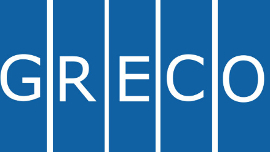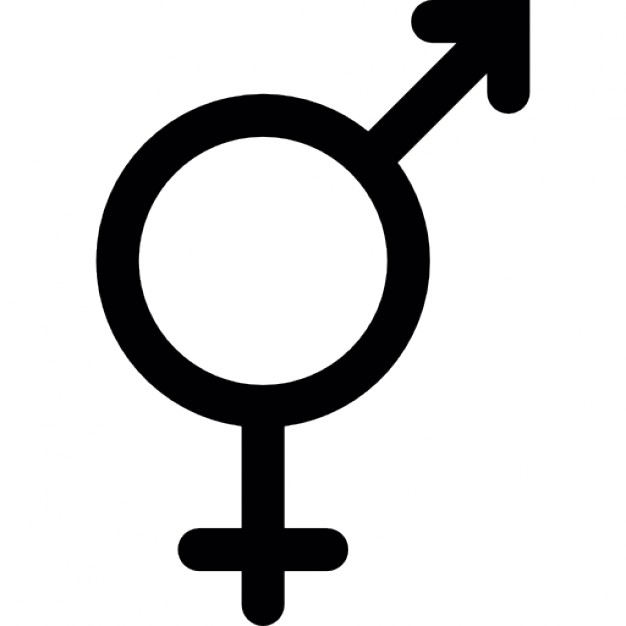In a report published today, the Council of Europe’s anti-corruption body (GRECO) calls for further measures to prevent corruption in Liechtenstein in respect of members of Parliament (Landtag), judges and prosecutors.
GRECO calls for the adoption of a code of conduct for MPs, together with rules on gifts and contacts with lobbyists. Furthermore, given the transparency expected of parliamentarians , MPs should be required to declare their assets and liabilities regularly. In addition, considering that in Liechtenstein MPs usually carry out a professional activity in parallel to their official duties, potential conflicts of interest need to be disclosed and managed as they arise in connection with parliamentary functions.
The legislative process in Liechtenstein is overall transparent, but GRECO nevertheless considers that further information on the work of parliamentary commissions needs to be made available sufficiently early to the public (e.g. agendas, information on hearings with experts and any relevant documents) as commission meetings are held in camera.
Whilst recognising that the judicial organisation in a country the size of Liechtenstein raises particular challenges, GRECO underlines that, in line with international standards on the independence of the judiciary, the composition of the Judges’ Selection Board needs to be reviewed so as to include a sufficient number of judges elected by their peers for the purpose of the selection process. Moreover, integrity criteria ought to be laid down for the selection of judges.
In view of the comparatively high proportion of part-time judges in Liechtenstein, GRECO also calls for an in-depth reflection on the full professionalisation of judges, which would reduce considerably risks of conflicts of interest, and, in any event, the adoption of clear rules to avoid any conflict of interest when judges are at the same time practising lawyers as is common in Liechtenstein.
Further, GRECO calls for codes of conduct to be adopted for judges and prosecutors together with practical guidance and hands-on training on integrity related matters.
The implementation of the 16 recommendations addressed to Liechtenstein will be assessed by GRECO through its compliance procedure, during the second semester of 2022.
GRECO also publishes today its Second Compliance Report of the Third Evaluation Round (incriminations and transparency of party funding). GRECO concludes that Liechtenstein has implemented seventeen of the twenty recommendations made in 2016 and ends the conformity procedure.
With regard to political financing, GRECO notes that the Law on the Payment of Contributions to Political Parties, which has been revised with a view to providing a clearer framework for the financing of political parties and more transparency, responds to a number of recommendations. It regrets however the absence of financial supervision by a sufficiently independent public authority.
- Links to the Fourth Round Evaluation Report on Liechtenstein in English - French - German (*)
- Links to the Second Compliance Report of the Third Evaluation Round on Liechtenstein in English - French - German (*)
(*) unofficial translations, as provided by the authorities of Liechtenstein







